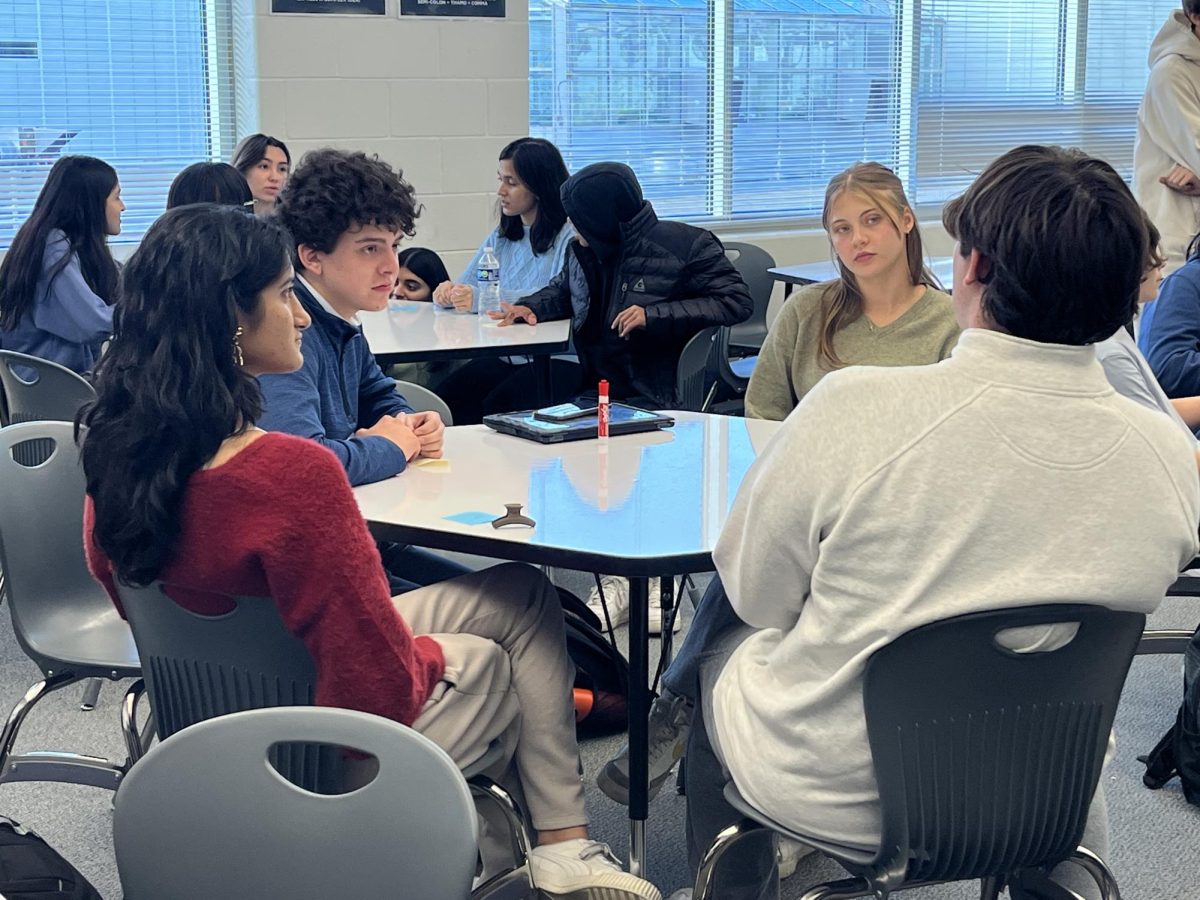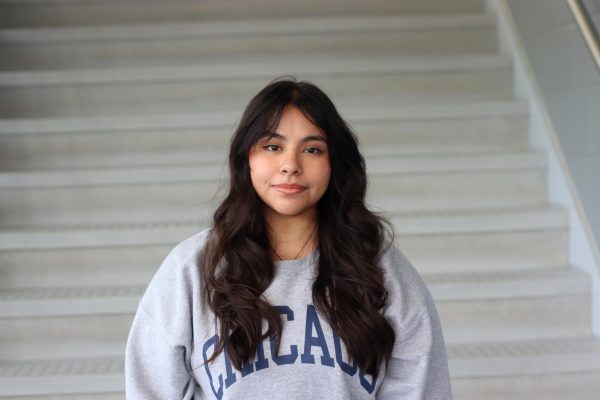Citizens of Metea held a political extremism discussion that brought students together to talk about different pressing issues. This event allowed students to have civil discussions and diverse perspectives to be heard.
This discussion focused on four main topics: women’s healthcare, foreign conflicts, gun safety, and education. Each topic presented an extreme claim to help students with different viewpoints find common ground. Citizens of Metea member Nidhi Kasar moderated the conversation and explained the initial uncertainty about hosting a political discussion.
“People often tend to be disrespectful toward others’ opinions,” Kasar said. “ However, this discussion went really well and everyone was mindful of others, which was our initial concern.”
Students were divided into different groups based on their level of agreement or disagreement regarding a specific topic. Each group included at least one person from each side of the spectrum to ensure a variety of perspectives within the discussions. Afterward, each group was tasked with creating a middle-ground statement that all members could agree on.
Senior Janav Senthikumaravel attended the event and expressed how he felt about the outcome of the discussion.
“I was expecting a lot more political discourse but I thought that we did it in a very respectful manner,” Senthilkumaravel said. “We also talked about issues that we aren’t necessarily mainstream like if college should be free and I thought it was interesting to hear different viewpoints on that one.”
According to a survey conducted by Intelligent.com, 52% of college students say that they refrain from expressing their political views in classrooms. Senthilkumaravel explains why students should engage in political conversations in school regardless of their political views.
“Students should attend these kinds of discussions to challenge their thinking because it helps avoid political bubbles or enclosing of your ideas,” Senthilkumaravel said. “I think it can help lead to more advanced viewpoints as well as a more sophisticated understanding of certain issues.”
The event concluded with a summary discussion where students reflected on whether they had learned something new and how their perspectives had evolved. Kasar shared how they felt about the students’ ability to talk about difficult topics.
“Everybody had their voice heard, everybody shared what they believed, and we had a whole spectrum of other people’s opinions on different controversial topics,” Kasar said.





